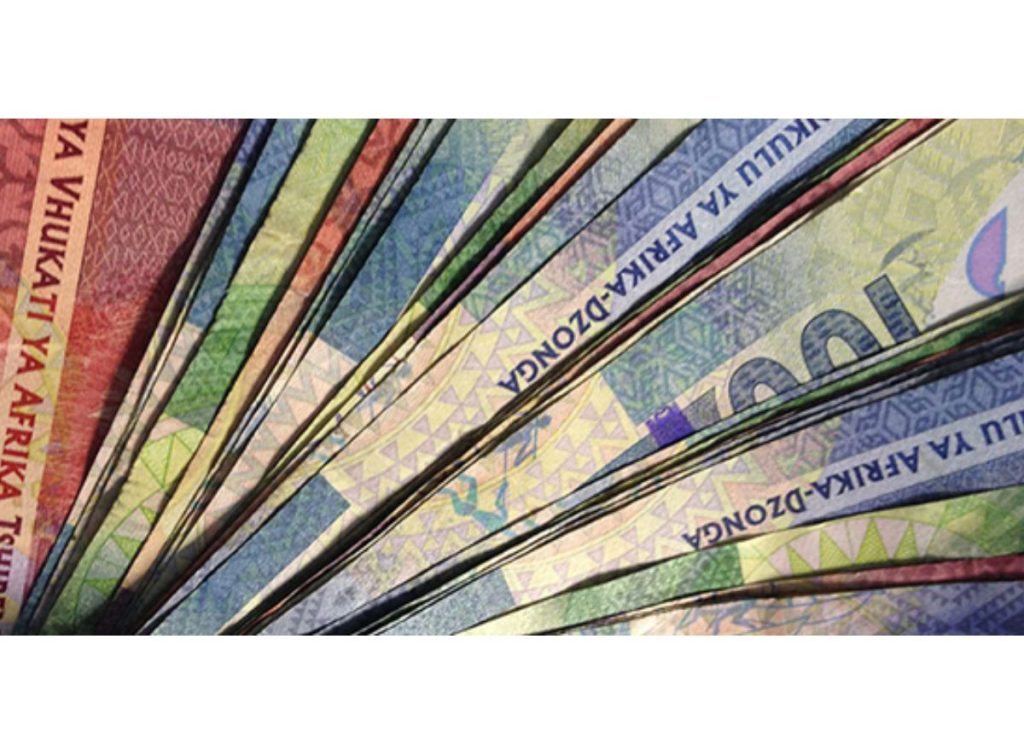
The more things change, the more they stay the same. One could argue that this is particularly true when it comes to the evolving world of the stokvel, that quintessentially South African institution created by marginalised communities to create some level of financial security and, increasingly, to build wealth.
‘Stokvel’ derives from the English word ‘stock-fair’, a livestock auction and farmers’ gathering. It was at such gatherings in the Eastern Cape that farmers and their employees came together to socialise, and often to pool money to purchase livestock. Somehow, ‘stock-fair’ became ‘stock-fele’ for speakers of isiXhosa, and eventually mutated into something that sounds Afrikaans.
This concept was introduced to the goldfields by migrant workers from the Eastern Cape. It became an essential tool for marginalised communities to save and socialise.
Fundamentally, stokvels are mutual savings societies. The most common of them is contribution based, with members receiving a lump sum in rotation. These contribution stokvels can often be linked to specific goals or purposes — to buy groceries over the Christmas period, or bigger expenses like furniture and funerals.
Ultimately, one can characterise stokvels as vehicles for saving towards a common goal. There’s an estimate of more than 800 000 stokvels in the country, and they are responsible for savings of more than R44 billion a year – a significant market segment.

Interestingly, as more and more Africans have begun participating in the formal economy, and as African graduates enter the workforce, this traditional, somewhat old-school form of saving is mutating as a new generation is adapting it for its own needs.
Stokvels in the 21st Century
So, what do today’s stokvels and their members want? Increasingly, stokvels want the convenience of digital banking to manage their money safely and transparently. For banks and other formal financial institutions, the challenge is to simplify the transition into digital platforms, making it easier for stokvel members to keep track of their money and contributions.
For Nedbank, digitising the existing massive network of stokvels is a priority. Stokvel members are now able to open their accounts via Cellphone Banking and manage their accounts on the Money app, with further enhancements underway. Over the last 2 years, Nedbank has seen a significant uptake in the use of Cellphone Banking for stokvel onboarding as well as depositing capabilities like cash-accepting ATMs, EFTs etc. An end-to-end digital solution is high on the bank’s list of priorities.
Safety
Given that stokvels remain such an important financial tool for a large portion of South Africans, it’s worth setting out some principles that people should follow to ensure that they keep their money safe.
Firstly, always ensure that your stokvel has a constitution with your intentions clearly documented and insist on your stokvel having a proper group bank account with more than one mandated person acting as an authority on behalf of the group — money should never be deposited into an individual’s account. There are horror stories of scams every year.
A related point is to ensure that the stokvel has a proper constitution that stipulates its purposes and how its finances are to be managed. Nedbank and the National Stokvel Association of South Africa can supply templates for this purpose.
Stokvel members must ensure that they see the group’s bank statements every month, even if they receive a treasurer’s report. A digital account makes supplying members with this information much simpler. Similarly, stokvel members should insist that payments from and to the group account are digital, providing a clear audit trail and avoiding the dangers associated with cash.
Stokvels are a great example of African ingenuity at work. At the most basic level, they continue to provide vulnerable groups with a way to finance purchases and achieve some measure of financial stability.
This article was written by Sisandile Cikido, Nedbank’s Head of Retail Investments.
INFO SUPPLIED.


